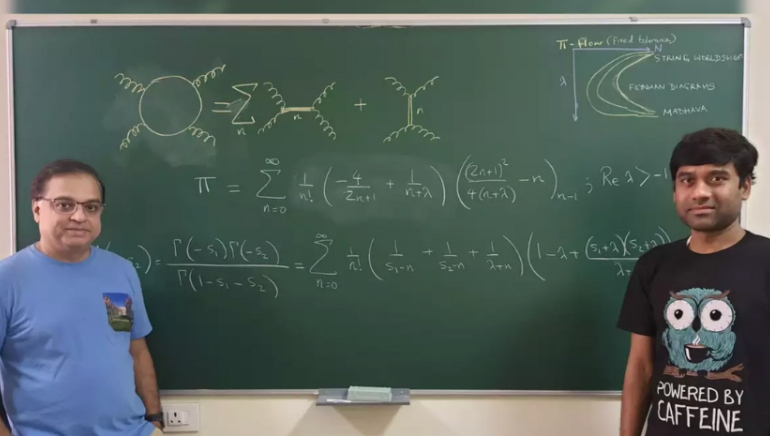NASA published photos from the James Webb Space Telescope of two galaxies, the Penguin and the Egg, combining in a cosmic ballet. This marks two years since the telescope’s first scientific findings were revealed.
Launched in 2021, Webb began gathering data the following year, altering our view of the early universe and producing breathtaking cosmic images. Arp 142 refers to the galaxies in the Hydra constellation, which are 326 million light-years away.
Jane Rigby, NASA Webb senior project scientist, noted that the merging galaxies, each with billions of stars, show how galaxies like our Milky Way form over time. The Penguin galaxy resembles a flightless bird and is officially known as NGC 2936. It is a spiral-shaped galaxy that has been slightly distorted.
NGC 2937, often known as the Egg Galaxy due to its form, is a small elliptical galaxy. Their interaction began between 25 and 75 million years ago, and they are anticipated to fully merge in hundreds of millions of years.
Webb has observed the earliest known galaxies and shed light on planetary composition and star-forming areas. It specialises in detecting infrared light, which allows it to see through dust and gas.
























